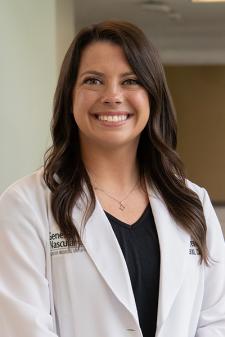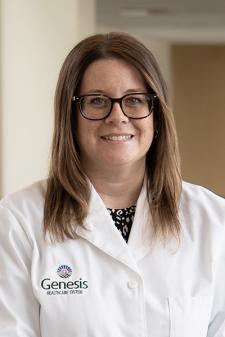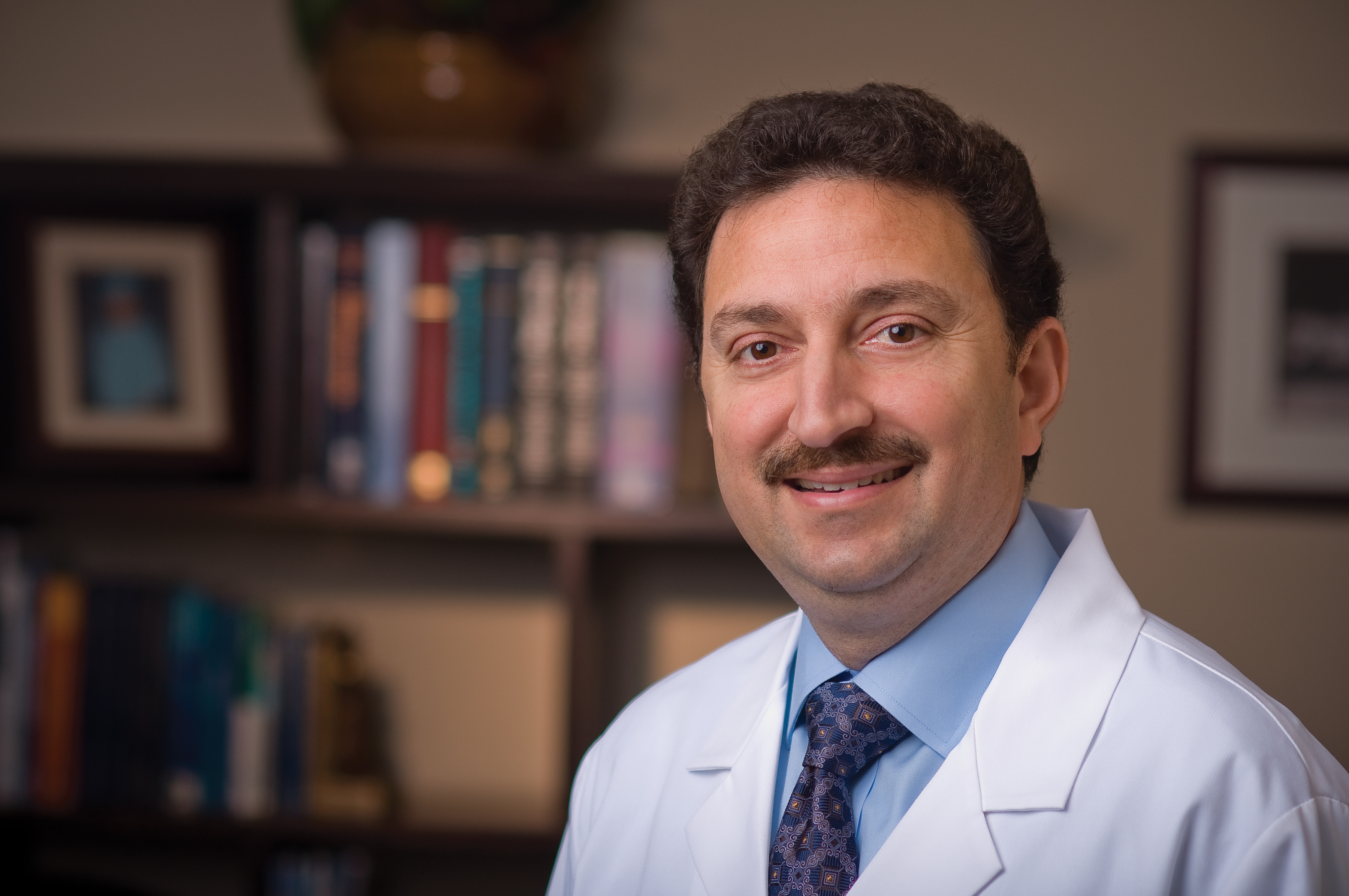McInturf, Elizabeth S.
751 Forest Avenue
Zanesville, OH 43701
United States

751 Forest Ave.
MAB II, Ste 402
Zanesville, OH 43701
United States
751 Forest Avenue
Zanesville, OH 43701
United States

751 Forest Ave.
MAB II, Ste 402
Zanesville, OH 43701
United States
945 Bethesda Dr
Ste 230
Zanesville, OH 43701
United States
955 Bethesda Drive
1st Floor
Zanesville, OH 43701
United States


One in 10 people have diabetes. Approximately 38 million adults in the United States have diabetes, with one in five unaware they have it. Over 54,000 Ohioans learn they have diabetes each year.
The Centers for Disease Control and Prevention (CDC) describes diabetes as “a chronic disease that affects how your body turns food into energy.” Whether you’ve been diagnosed or care for someone with diabetes, understanding and controlling the condition is important.
Your doctor may recommend an A1C test with wellness checkups. An A1C test provides your average blood glucose levels (blood sugar) over the past three months. A result of 6.5% (140 mg/dL) or higher is generally accepted as a diabetes diagnosis.
Maintaining blood glucose levels is crucial for controlling diabetes. The desired level for most adults with diabetes is less than 7% (154 mg/dL). Healthy glucose levels should be between 80 and 130 mg/dL before meals.
According to the American Diabetes Association, Type 1 diabetes means the pancreas doesn’t produce insulin, which helps our bodies control blood sugar. Type 2 diabetes occurs when the body doesn’t produce enough insulin or use insulin properly.
The American Diabetes Association says diet and physical activity are the two most important tools for diabetic wellness. Talking to your doctor is a good step toward modifying your routine.
“Diabetes can be managed with the proper treatment and lifestyle,” said Mohammad T. Ijaz, M.D., Fellowship-trained and Board-certified Endocrinologist, who specializes in diabetes at Genesis Endocrinology. “I want to know about a patient’s daily activities to help them achieve their wellness goals.”
Resources such as finger pricking are available to track blood sugar. A more technological option, a continuous glucose monitor (CGM), offers patients continuous real-time data.
The National Institute of Diabetes and Digestive and Kidney Diseases describes a CGM as a small sensor placed under the skin, usually on the arm or stomach. A transmitter sends information to a smartphone app, receiver or insulin pump. Sensors should be changed every few weeks.
There are many benefits to using a CGM:
Blood sugar measurements are taken continuously.
Easy tracking for food, beverage, exercise and medication activity.
Alerts notify you and caregivers if your blood sugar is too low or too high.
Detailed data can be easily downloaded to monitor progress.
Information is sharable with doctors.
CGMs are available for anyone age 2 and older. Your doctor can help you understand the data and set goals for your progress.
"We see significant improvements in patients when they regularly use their monitors,” said Dr. Ijaz. “When patients are more aware of their sugar, they're more careful with their diet and daily activity.”
Managing blood sugar can also help prevent additional health concerns. The American Diabetes Association recommends that diabetes patients monitor themselves for other conditions, including their eye, kidney, foot and heart health.
Diabetes is the primary reason for blindness in people between 18 and 64. Heart disease and stroke risks are also higher, and approximately one in three adults with diabetes will have chronic kidney disease.
Neuropathy (nerve damage) and circulation concerns also need to be monitored. Taking care of your feet is essential to prevent infections, ulcers or calluses, leading to permanent damage or toe or limb loss. Talk to your doctor about the best footwear. Diabetic shoes are also available.
Genesis Diabetes & Nutrition Education offers self-management education classes for patients and caregivers. The program includes a personal evaluation, classes and a follow-up session. Support groups are also available. For more information about the program, call 740-454-4568.

Listen to the “Sounds of Good Health” podcast featuring Dr. Ijaz:

LiveWell
Prediabetes is like a warning lightSome people tend to ignore check engine lights or put off changing a furnace filter when the sensor goes off. One warning you can’t afford to ignore is a prediabetic diagnosis.

Endocrinology
Keys to preventing Type 2 diabetesExperts agree a healthy diet, regular exercise and weight management can prevent Type 2 Diabetes. This sounds easy, yet more than 25 million Americans suffer from some form of Type 2 Diabetes.

Nutrition
Live the Sweet Life … Without SugarOne of our sweetest addictions is killing us. Sugar has been linked to weight gain and cavities for decades, as dentists worldwide often remind us. Beyond ruining your beach body or perfect smile, sugar is also linked to cardiovascular disease.
Learn more at Diabetes Management | Genesis Healthcare System.
Genesis HealthCare System’s Health and Wellness content conveniently provides accurate and helpful information. Your health history and current health may impact suggestions provided through our Health and Wellness content. Although we hope this information is helpful, it is not a substitute for your doctor's medical advice. Before making any significant changes, please consult your doctor.

Whether you’ve been diagnosed or care for someone with diabetes, understanding and controlling the condition is important.
Muscle loss can feel like one of those things that happens to someone else until it creeps up on you. Whether it's aging, a sedentary lifestyle or life getting in the way, muscle loss is more common than you'd think. But here’s the good news. You can avoid it with easy-to-follow tips that make you feel stronger and more energized.
Your muscles do more than help you lift things. According to the National Institute of Arthritis and Musculoskeletal and Skin Diseases, they support your bones, help you move and boost your metabolism. The more muscle you have, the more calories you burn at rest. Who doesn’t want that?
1. Stay active
Muscles love movement. Whether it’s walking, swimming or dancing in your living room, regular activity is vital to keeping them strong. Aim for at least 30 minutes of movement most days of the week.
2. Protein power
Muscles thrive off a balanced diet of essential proteins and amino acids. According to Harvard Health, animal sources (meat, eggs and milk) are considered the best, as they provide the proper ratios of all the essential amino acids.
3. Hydrate
Dehydration can lead to muscle cramps and fatigue, so drinking enough water is crucial for muscle function and recovery. Keep a water bottle nearby and sip throughout the day.
4. Rest and recovery
Muscles grow when you rest. Sleep is essential for recovery, so aim for 7-9 hours of sleep each night to give your muscles time to repair.
5. Strength training
You don’t need to be a bodybuilder, but lifting weights or doing bodyweight exercises like squats or push-ups will help maintain muscle mass and strength.
By staying active, eating well and getting enough rest, you can prevent or minimize muscle loss and continue to feel strong, no matter your age. It’s all about consistency.
Sign up for our digital newsletters to receive health tips, recipes, success stories for inspiration and information about new doctors to help you on your journey to better health.
Genesis HealthCare System’s Health and Wellness content conveniently provides accurate and helpful information. Your health history and current health may impact suggestions provided through our Health and Wellness content. Although we hope this information is helpful, it is not a substitute for your doctor's medical advice. Before making any significant changes, please consult your doctor.

You can avoid muscle loss with easy-to-follow tips that make you feel stronger and more energized.